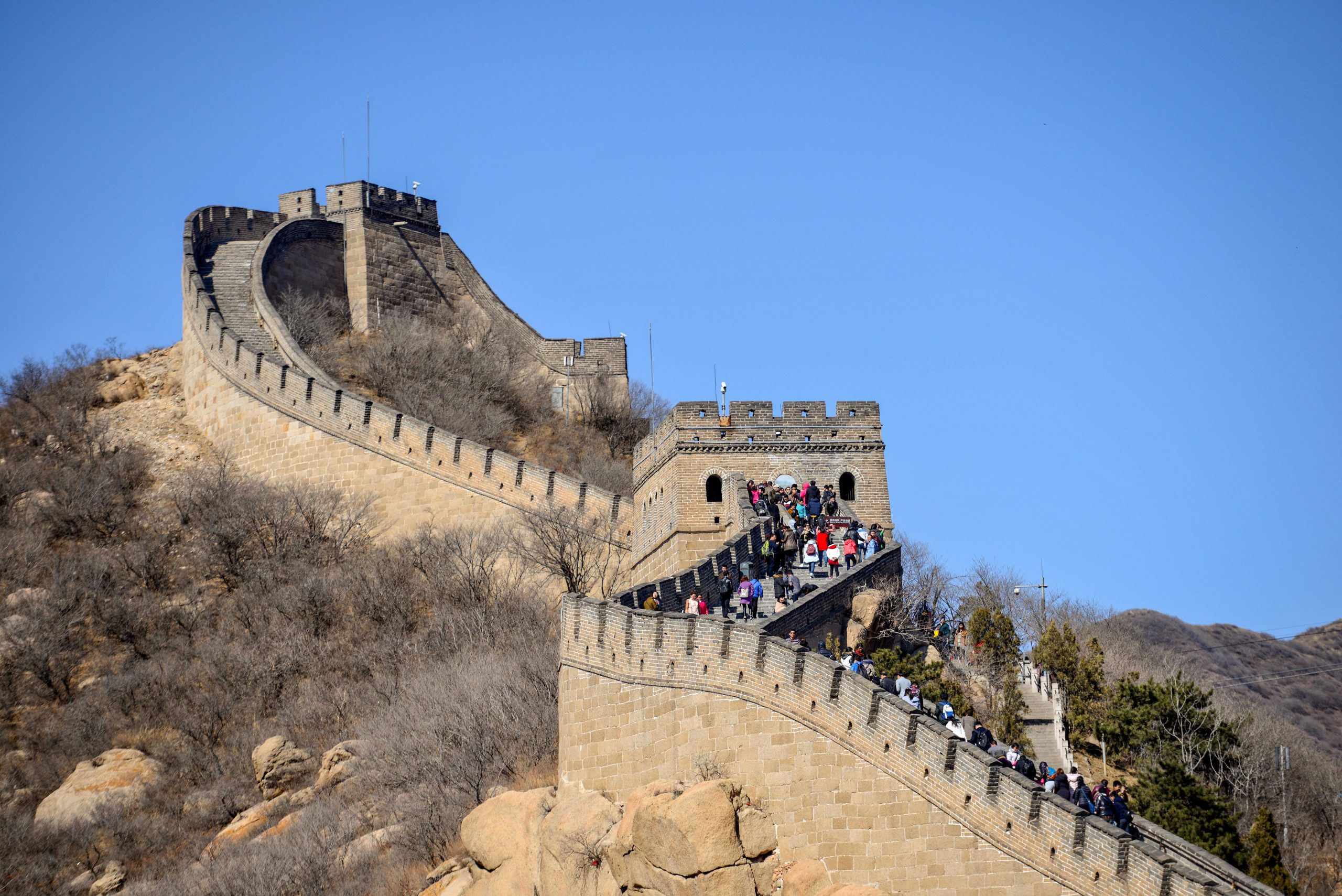When I think about the pace of innovation today, it feels like we’re living in a world where science fiction is becoming reality. Just a decade ago, the idea of having a mini-computer in our pockets was something out of a futuristic novel, yet here we are, asking our phones to turn on the lights or play our favorite song. But beyond these conveniences, I find myself pondering how today’s breakthroughs are deeply shaping the world of tomorrow.
Take, for instance, the advances in artificial intelligence. It’s not just about chatbots helping us book flights or AI recommending what movie to watch next. We’re talking about AI revolutionizing healthcare. Recently, I read about AI algorithms that can detect diseases like cancer with remarkable accuracy, often better than human doctors. This isn’t just a tech upgrade; it’s a potential lifesaver that could lead to earlier diagnoses and better patient outcomes. Imagine a world where your smartwatch detects the first signs of illness and alerts you before you even feel a symptom. It’s happening, and it’s incredible.
Then there’s the realm of renewable energy. I remember when solar panels were rare sights, mostly limited to eco-enthusiast homes or experimental projects. Today, they’re becoming mainstream, driven by innovations that have dramatically reduced costs and increased efficiency. Not only are solar panels more accessible, but the development of better battery storage is changing the game, allowing us to store energy for when the sun isn’t shining. This shift is more than just an environmental benefit; it’s a step towards energy independence for communities around the globe.
And let’s talk about transportation. Who would have thought that electric cars would become a regular fixture on our roads? Companies are pushing boundaries with self-driving technology, which is still in its infancy, but the implications are vast. Imagine reducing car accidents significantly because a computer can react faster and with more precision than a human driver. I can’t help but wonder how this could redefine urban planning, commute times, and even the way we think about car ownership.
These advancements are impressive, but they also raise important questions about ethics, privacy, and access. As much as I love the idea of AI making healthcare more efficient, I worry about data privacy and how we ensure such technologies are used responsibly. With renewable energy, the challenge is ensuring these technologies are available to all, not just the wealthier nations or communities. And with autonomous vehicles, there’s the question of jobs and what happens to those who drive for a living.
While it’s fascinating to witness these changes, it’s crucial to think about the broader implications. Today’s breakthroughs are not just shaping the technology landscape; they’re altering the very fabric of our society. It makes me wonder not just about the world we are building, but about the values and priorities we hold dear. As we forge ahead, I hope we remember to ask ourselves not just what we can do, but what we should do, keeping in mind the kind of world we want to leave for future generations.




